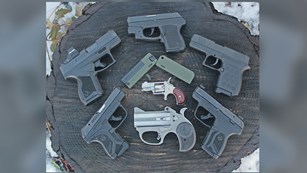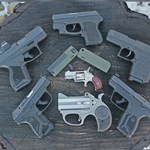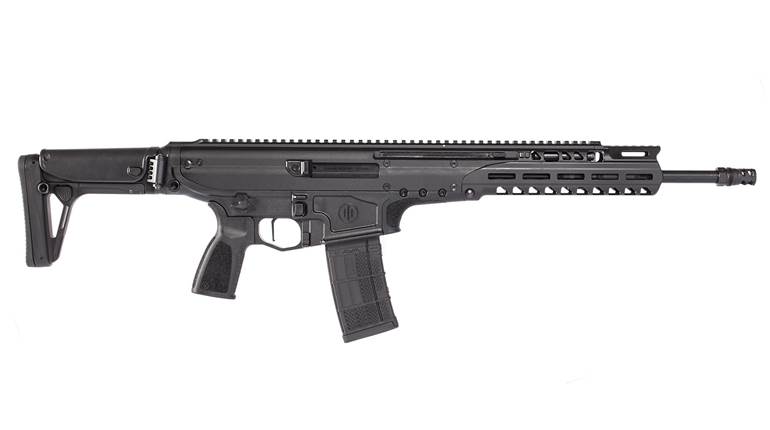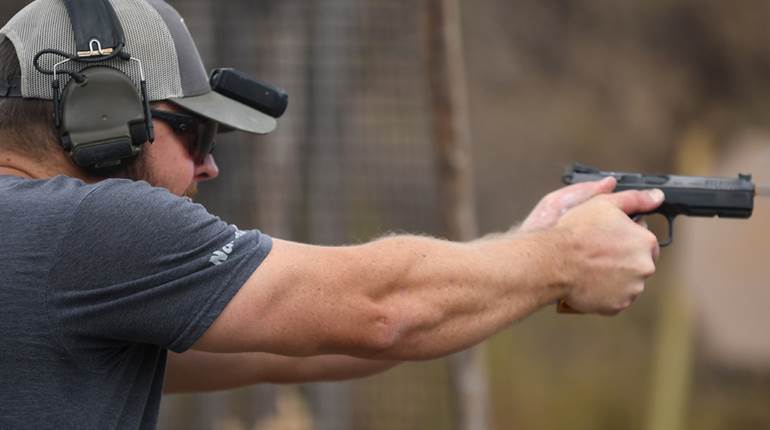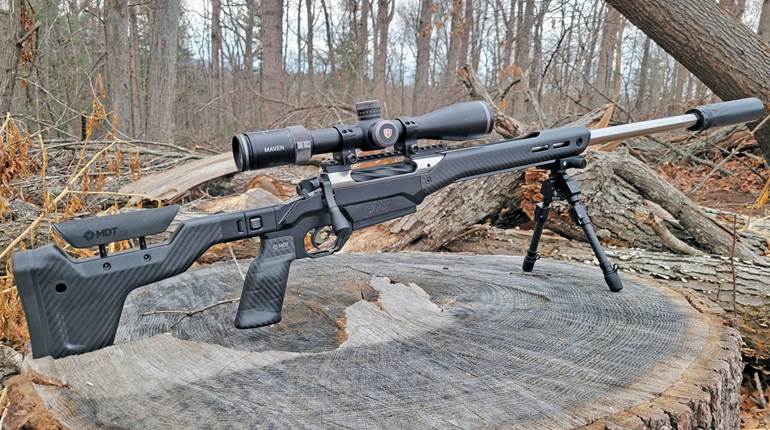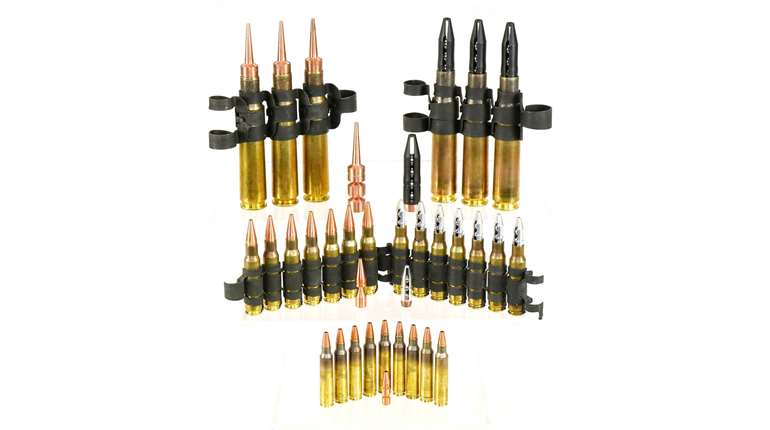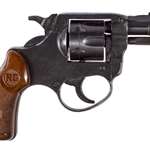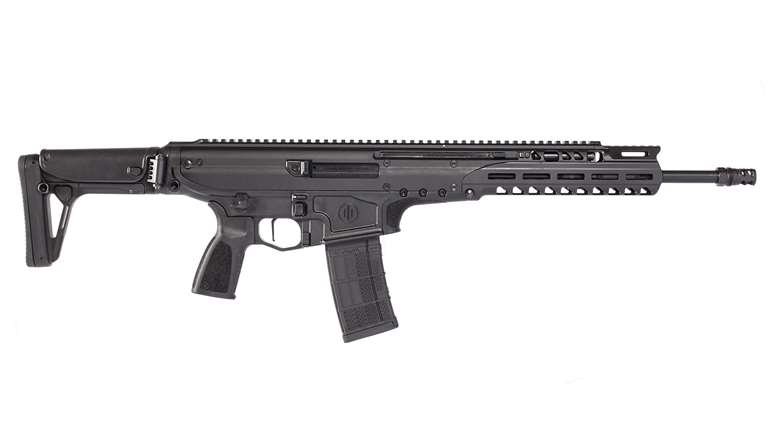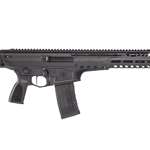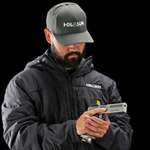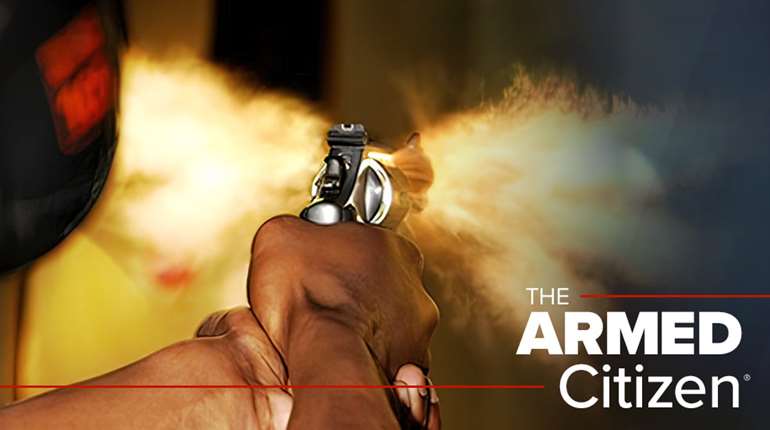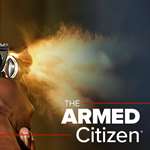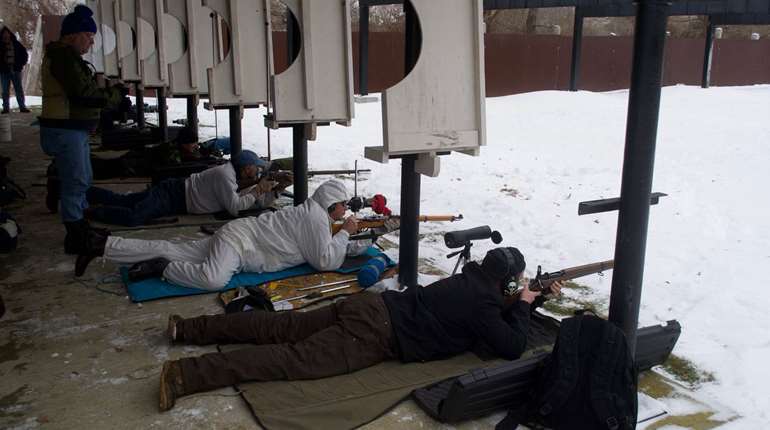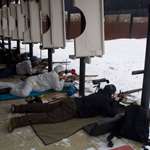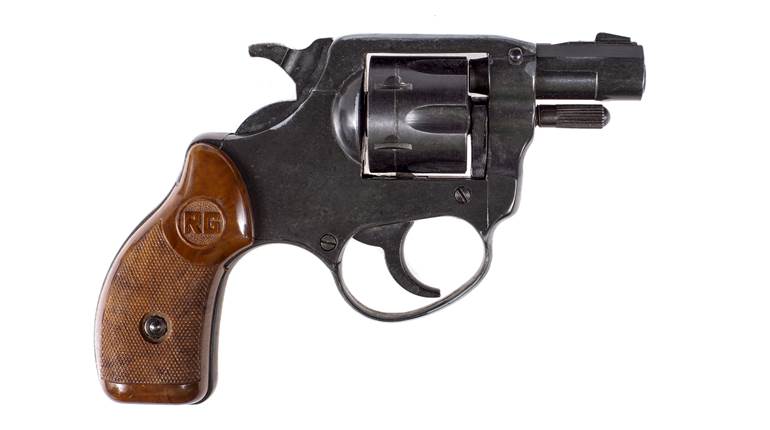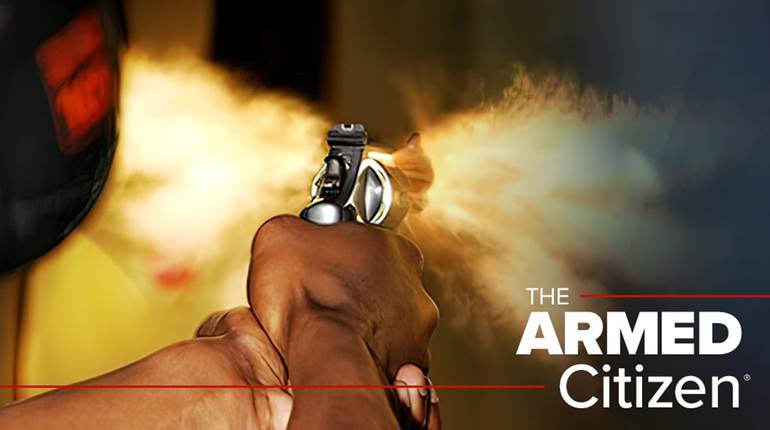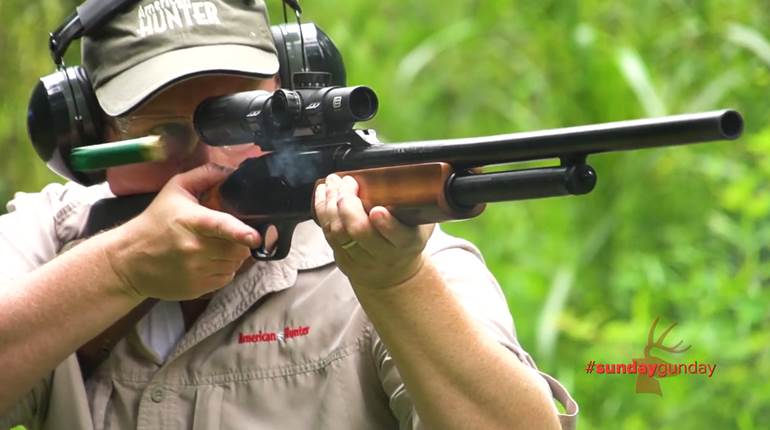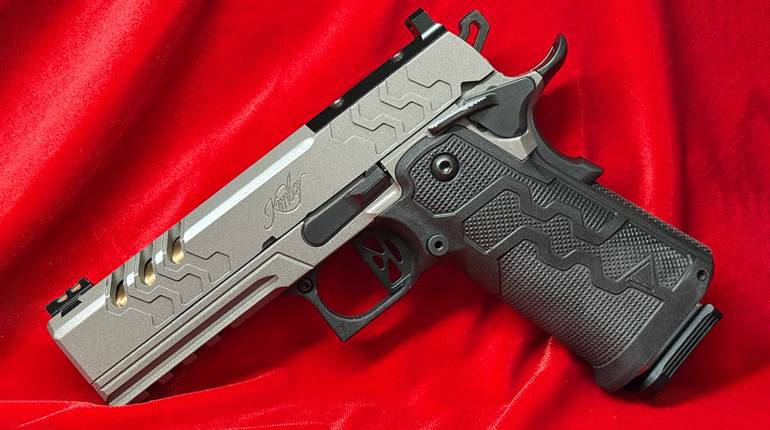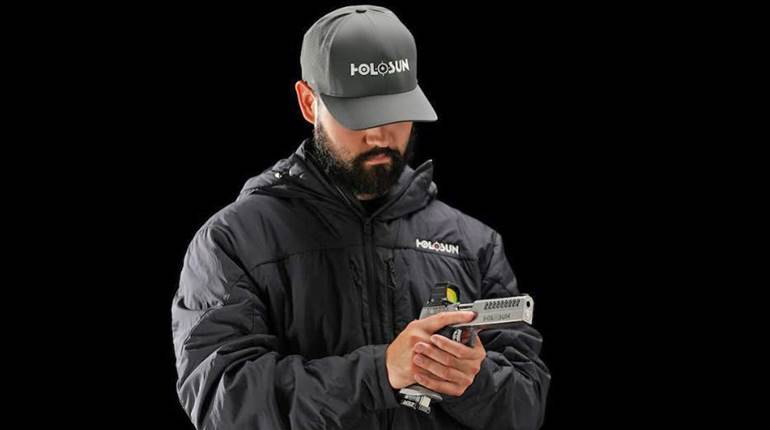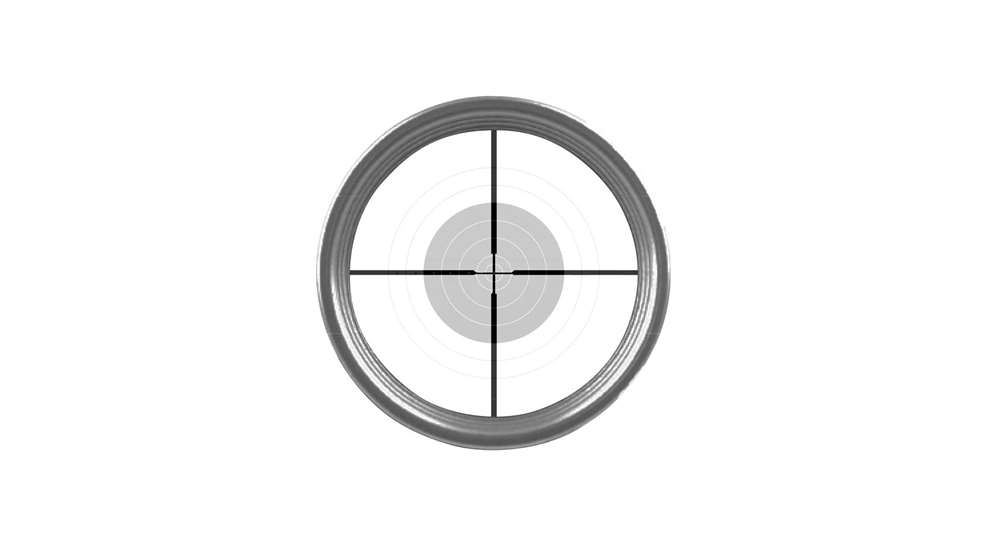
Q. Before mounting a scope, I like to make sure the crosshairs are centered. To find the optical center, I heard that you could take a mirror and place the scope on top of it and look into the scope. If you see two crosshairs, then it is not centered. Can you better explain this procedure and tell if this is the correct way to find true optical center?
A. The mirror procedure you described for centering a scope reticle does not work very well because of the difficulty of seeing the reticle with little or no light entering the objective lens. Counting clicks is not always reliable, either, because some of the scopes are deliberately designed to provide more upward adjustment than down travel, while others may simply escape from the factory with asymmetric elevation and/or windage travel in the adjustment mechanism.
I learned the best way to center scope reticles from Bill Ackerman of Optical Services Co. With that procedure you will need either a simple V-block fixture for unmounted scopes, or a rifle-holding vise to immobilize a rifle on which a scope is already mounted. In the latter case, loosen the rings just enough to permit rotating the scope easily, but not so much that the scope wobbles while doing so.
Set up the rifle/scope or the V-block device so the scope reticle is aimed at a reasonably distant (100 yds. or so) target or easily distinguished terrain feature. While viewing through the scope, rotate it 180 degrees so the elevation turret is beneath the tube. If the reticle is off center, you will see it slew to a different aiming point from the one you established initially. If that happens, use the elevation and windage adjustments to shift the dot or crosshair one-half of the distance from its new position in the direction of the first aiming point. Now, while viewing through the scope again, rotate it back 180 degrees to its original orientation, with the elevation turret pointing up. If the aiming point of the reticle drifts from the prior (second) reference point on the target, once more adjust the elevation and windage controls to move the reticle one-half the distance from its current (third) position. At that point, the scope reticle should be well centered for all practical purposes. Donユt forget to retighten the scope rings if applicable.
—Hugh Birnbaum
This “Questions & Answers” was featured in the September 2004 issue of American Rifleman. At time of publication, "Questions & Answers" was compiled by Staff, Ballistics Editor William C. Davis, Jr., and Contributing Editors: David Andrews, Hugh C. Birnbaum, Bruce N. Canfield, O. Reid Coffield, Charles Q. Cutshaw, Charles M. Fagg, Angus Laidlaw, Evan P. Marshall, Charles E. Petty, Robert B. Pomeranz, O.D., Jon R. Sundra, Jim Supica, A.W.F. Taylerson, John M. Taylor and John Treakle.
To subscribe to the magazine, visit NRA membership page here and select American Rifleman as your member magazine.











